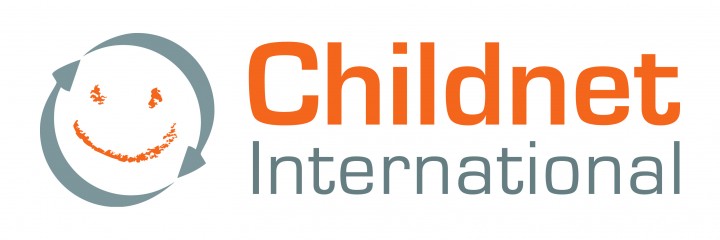
Hertford St Andrew CE Primary School
Love Learning. Aim High. Trust God.
Information for Parents
The Internet is a wonderful place, most of the time. It does pose risks and dangers for your child. This page contains lots of information and links to websites about educating your child to help keep them safe online.
Also be sure to check out our Parent tools guide.
The following list contains 10 top tips to creating a safer online environment at home. There is more advice in our Hertford St Andrew E-safety Presentation.
- Together with your child, set up a family agreement or house rules about using the Internet at home.
- Establish trust that your child feels comfortable talking about any inappropriate content they may see online.
- Don’t allow your child to use the internet unsupervised. If they are being defensive, could they have something to hide?
- Know how to report inappropriate content or abuse on a website http://www.childnet.com/resources/how-to-make-a-report
- If things are more serious, such as cyberbullying or online grooming, report it to CEOP (Child Exploitation and Online Protection Centre).
- Limit when and how often your child uses the internet (or enforce it with Parent tools).
- Understand gaming certificates and ensure your child does not play underage video games. http://www.pegi.info/en/index/
- Browse your child’s Internet history if you are concerned about the websites they visit (Internet options of most web browsers).
- Block/restrict websites and apps by using some of the Parent tools.
- Talk to your child about being safe online using these conversation starters.
- If you are worried about your child using Facebook, see our Facebook guide. Do you know who is on their friend’s list and who they are talking to?
Almost three in 10 parents (29%) let their kids use the internet without any restrictions or supervision. (Netmums 2013)
Many of the following websites are used to teach your child about the risks and dangers of being online.
These videos show examples of some the content that we teach as part of our e-safety curriculum at school:
For our full E-safety scheme of work at Hertford St Andrew please see this link.
![]()
Thinkuknow is an education programme from the National Crime Agency’s CEOP Command. The excellent videos and activities provide children an opportunity to learn about being safe online.
Foundation Stage, Key Stage 1 – Lee and Kim, Hector's world: https://www.thinkuknow.co.uk/5_7/
Key Stage 2 - Cybercafe: https://www.thinkuknow.co.uk/8_10/
UPDATE: The new ThinkUknow resource Play, Like, Share is now being used in Key Stage 2.

Childnet have some of the best resources on the Internet to help teach your child how to be safe online. They can be browsed at http://www.childnet.com/resources
These include a series of videos about being SMART on the internet suitable for Key Stage 2.
http://www.childnet.com/resources/the-adventures-of-kara-winston-and-the-smart-crew
They also include 2 e-books, Digiduck and Smartie the Penguin for for Foundation Stage and Key Stage 1.
There is a great guide to online gaming for parents.
Childnet have also produced a website called Kidsmart that has lots of information covering all the latest jargon and technologies that your child might know about. http://www.kidsmart.org.uk/.

While most of the sites mentioned cover cyberbullying, Bullying.co.uk has a comprehensive guide: http://www.bullying.co.uk/cyberbullying/

The UK Safer Internet Centre http://www.saferinternet.org.uk/ has a host of E-safety information and run Safer Internet Day each February. To see how we celebrate please click here. There is also an excellent overview of social networks as well as this comprehensive fact sheet.
![]() Newsround have 2 excellent videos on Internet Safety:
Newsround have 2 excellent videos on Internet Safety:
Caught in the Web
http://www.bbc.co.uk/newsround/13908828
Special report - Cyberbullying
http://www.bbc.co.uk/newsround/26138241

![]() Vodafone produce a yearly digital magazine for parents that can be viewed online. If you would like a hard copy of the magazine please ask at our school office. We give these out each year in Safer Internet Week:
Vodafone produce a yearly digital magazine for parents that can be viewed online. If you would like a hard copy of the magazine please ask at our school office. We give these out each year in Safer Internet Week:
http://vodafonedigitalparenting.co.uk/
Previous editions of the magazine can be downloaded here:
https://parentzone.org.uk/digital-parenting-online-safety-magazine-archive
They have produced a Parent guide: Understanding your child’s online life which can be read at the link below.